What is the big difference of a stem cell from the embryo versus the umbilical cord blood from a newborn?
This is the debate that rages on. Here we will layout the differences in the hopes of bringing some clarity to this.
Embryonic Stem Cells
As their title suggests, they are taken from the embryo (egg). The problem is that to obtain these stem cells, the embryo must be destroyed… hence the controversy of killing unborn fetuses. In theory, embryonic stem cells can produce any other specialized cell in the body.
First isolated by James Thompson of the University of Wisconsin Madison. This was funded by the biotech company Geron in 1998.
These stem cells could be used to make any one of 200 different cell types in the human body. More importantly, these cells could be used to treat genetic diseases like Parkinson’s, heart disease, diabetes, or a host of others. Five days after conception the cells are collected from a blastocyst. This blastocyst is destroyed (the egg is unusable) to get the cells out.
Fun fact: Number of clinical trials: 0
Umbilical Cord Blood Cells
Parents are paying to have their baby’s cord blood cells saved (really they are frozen) as a biological insurance. This insurance is going to be hypothetically used to replace or repair the newborn’s cells, or even organs in the future. These cells are less likely to be made into any cell the body can produce, but have already been used in treating cancer.
- First Patient was a 5 year old boy with Fanconi’s anemia in 1988. He is still alive and doing well after the treatment.
- Cord cells have untapped potential and are currently being used about 60% of the time to treat leukemia.
- A few cells are picked from about a billion cells found in the umbilical cord.
Fun fact: Number of clinical trials: 50
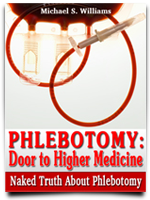
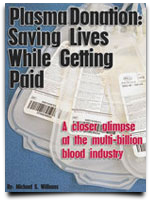
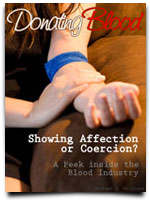
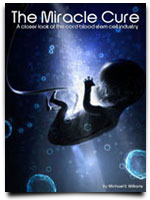
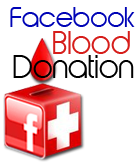
Cord Blood Banking Facebook
Blood Donation Twitter